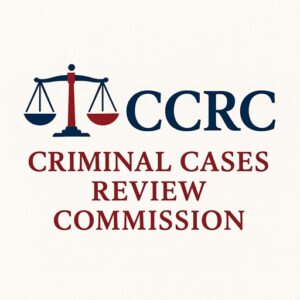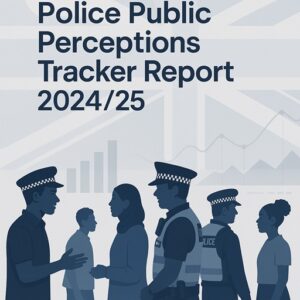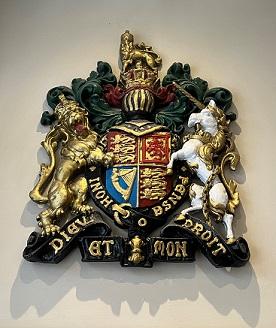A will is a legal document that specifies how a person’s assets and possessions will be distributed after their death. A will is also known as a Last Will and Testament
There is no need for a will to be drawn up or witnessed by a firm of solicitors. You can make a will yourself and this is reasonably easy to do so.
It is generally advisable to use a solicitor or to have a solicitor check a will you have drawn up yourself to make sure it is legal and will have the effect you want. It is very easy to make mistakes and, if there are any errors in the will, this could cause problems after your death.
You should remember that a solicitor will charge for their services in drawing up or checking a will. They should give you detailed information about the cost of their services which should be given at the very beginning of their work with you.
It is possible to get Cheap and free wills drawn up using charities such as Cancer Research and online will writing services.
In the United Kingdom, wills are governed by a specific set of laws, including the Wills Act 1837. In this article, we will discuss the key aspects of wills in the UK and provide a step-by-step guide on how to make one.
The Wills Act 1837 is a piece of legislation that established the formalities for creating a valid will in the UK. According to the Act, a will must be in writing, signed by the testator (the person making the will), and witnessed by two independent witnesses who are present at the same time. The witnesses must sign the will in the presence of the testator, but they do not need to know the contents of the will.
The Wills Act 1837 also introduced the concept of privileged wills, which are written in the testator’s own handwriting and do not require witnesses. However, privileged wills are subject to additional requirements and are only valid in limited circumstances.
A privileged will is a type of will that is written entirely in the testator’s (the person making the will) own handwriting and does not require any witnesses to be present at the time of its creation. Privileged wills are also sometimes referred to as “holographic wills.”
Under the Wills Act 1837, a privileged will can only be created in limited circumstances. Specifically, the Act stipulates that a privileged will can only be created by:
- A member of the armed forces who is on active duty
- A mariner who is at sea
- Any other person who is in a state of bodily peril, meaning they believe they are in imminent danger of death due to illness, injury or other cause.
In addition to the circumstances in which they can be created, privileged wills must also meet certain criteria to be considered valid. These criteria include:
- The entire will must be written in the testator’s own handwriting. This means that any printed or typed portions of the document will not be considered part of the valid will.
- The will must be signed and dated by the testator.
- The will must be intended to be the testator’s last will and testament.
It’s important to note that while privileged wills can be a useful option in certain circumstances, they are generally considered less reliable than formally witnessed wills. This is because without the presence of witnesses, it can be more difficult to determine the authenticity of the will and ensure that it accurately reflects the testator’s wishes. Additionally, privileged wills may be subject to more legal challenges than other types of wills, which can lead to delays and added expense during the probate process. As a result, it is generally recommended that testators use formally witnessed wills when possible, rather than relying on privileged wills.
To make a valid will in the UK, follow these steps:
- Decide what you want to include in your will. This may include details about how you want your property, assets, and possessions to be distributed after your death, as well as any specific instructions for your funeral or burial.
- Choose an executor. An executor is the person responsible for carrying out the instructions in your will. They will be responsible for managing your estate, paying any debts and taxes, and distributing your assets according to your wishes.
- Write your will. You can do this yourself or use a solicitor or will-writing service. If you choose to write your own will, it’s important to make sure that it meets the requirements of the Wills Act 1847.
- Sign your will in the presence of two independent witnesses. The witnesses must be over 18 years old and must not be beneficiaries of your will. They should also not be related to you or your executor by marriage or civil partnership.
- Store your will in a safe place. You can keep your will at home, but it’s important to make sure that it is easily accessible after your death. Alternatively, you can store your will with a solicitor or a will-writing service.
It’s important to review your will regularly to ensure that it remains up-to-date and reflects your current wishes. You should also consider updating your will after major life events, such as getting married, having children, or buying property.
In conclusion, wills are an essential part of estate planning in the UK. The Wills Act 1847 established the formalities for creating a valid will, and it’s important to follow these requirements to ensure that your will is legally binding and reflects your wishes and provides peace of mind for you and your loved ones.
What is probate ?
Probate is the legal process that takes place in the UK when someone dies, and their estate needs to be distributed to their beneficiaries. The process involves obtaining legal authority to administer the estate, identifying and valuing the assets, paying any debts or taxes, and distributing the remaining assets to the beneficiaries. Probate can be a complex and time-consuming process, and it is essential to seek professional advice to ensure that it is carried out correctly.
When someone dies, the first step is to identify whether or not they left a will. If there is a will, the executor named in the will is responsible for obtaining probate. If there is no will, then the person’s next of kin or other designated representative will need to apply for letters of administration.
To obtain probate, the executor or administrator must submit an application to the Probate Registry. The application must include information about the deceased person’s assets, such as property, bank accounts, and investments. The executor or administrator must also provide details of any debts or liabilities that the deceased person had at the time of their death.
Once the application has been submitted, the Probate Registry will review it and issue a grant of probate if everything is in order. The grant of probate is a legal document that gives the executor or administrator the authority to administer the estate. This means they can access and manage the deceased person’s assets, pay any debts or taxes owed, and distribute the remaining assets to the beneficiaries.
Before the assets can be distributed, the executor or administrator must identify and value them. This can involve obtaining property appraisals, bank statements, and investment reports. They must also pay any outstanding debts or taxes owed by the deceased person. This includes any income tax, inheritance tax, or capital gains tax that is due.
Once all the debts and taxes have been paid, the remaining assets can be distributed to the beneficiaries. The executor or administrator must ensure that all beneficiaries receive their rightful share of the estate. This can be a complex process if there are multiple beneficiaries or if the assets are difficult to value.
The cost of probate can vary depending on the complexity of the estate. In general, the cost is calculated as a percentage of the value of the estate. This can be up to 5% for larger estates, but there are also fixed fees for smaller estates. The executor or administrator can pay these fees out of the estate before distributing the assets to the beneficiaries.
In summary, probate is an essential legal process that ensures the fair distribution of a person’s estate after their death. It involves obtaining legal authority to administer the estate, identifying and valuing the assets, paying any debts or taxes owed, and distributing the remaining assets to the beneficiaries. It is a complex process that requires professional advice to ensure that it is carried out correctly.
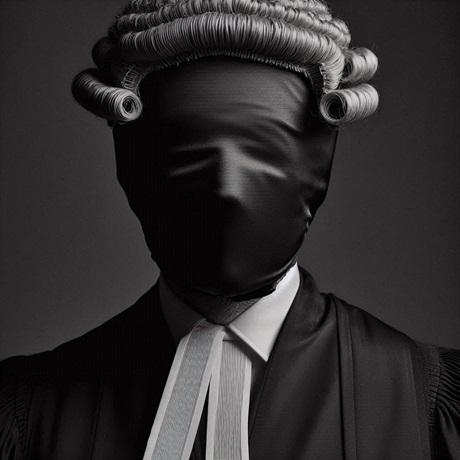



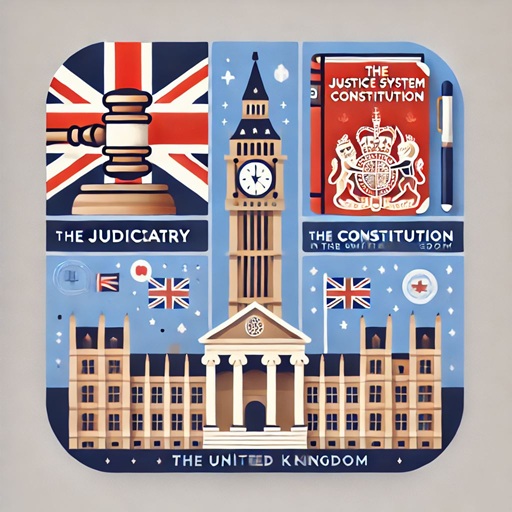

The Ministry of Injustice is not the Ministry of Justice nor is it affiliated in any way with the justice system, legal profession or any law enforcement agencies.
Most Popular ↓




What is Policing by Consent ? What is Two Tier Policing ?
Latest Articles ↓
- What is the Forensic Science Regulator ?Forensic science is a cornerstone of modern criminal justice, providing critical evidence that can make or break a case. However, the reliability and accuracy of… Read more: What is the Forensic Science Regulator ?
- What is the Criminal Cases Review Commission ?The Criminal Cases Review Commission (CCRC) stands as a vital institution within the criminal justice system, dedicated to investigating potential miscarriages of justice. Established in… Read more: What is the Criminal Cases Review Commission ?
- Did Bobby Vylan and the BBC break the law at Glastonbury 2025 ?The performance by Bob Vylan at Glastonbury 2025, where frontman Bobby Vylan (reportedly Pascal Robinson-Foster) led chants of “death, death to the IDF” and “from… Read more: Did Bobby Vylan and the BBC break the law at Glastonbury 2025 ?
- Police Public Confidence and EngagementThe Independent Office for Police Conduct (IOPC) undertake regular surveys to assess the public’s perceptions of the police, as well as their confidence in the… Read more: Police Public Confidence and Engagement
All Articles can be found in the Legal Blog or Sitemap.
You should always seek formal legal advice from a qualified and reputable lawyer (solicitor or barrister).
‘Justice delayed is justice denied’
William Ewart Gladstone
There are a number of links to Free and Paid For Legal Resources and Legal Organisations on the Free Legal Advice , Legal Aid and Pro Bono pages.


